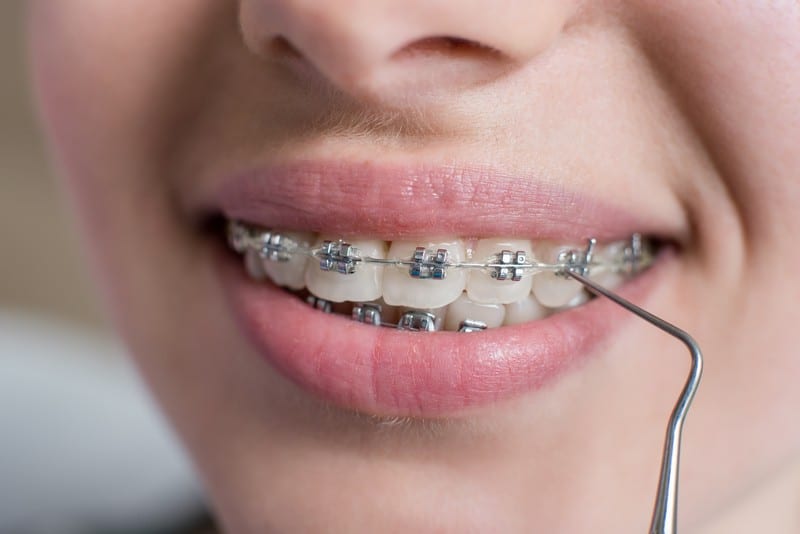Mouth sores or mouth ulcers are oral lesions affecting the soft tissues inside the mouth. It can appear around the cheek area, lips, tongue, gums, and soft and hard palate. Depending on the underlying tissue color, its appearance varies from white to yellow, with a red border. Although they are not age-specific, some types are more prevalent in specific age ranges. For instance, thrush and gingivostomatitis are more prevalent in younger people, but leukoplakia and lichen planus tend to affect the elderly. Furthermore, herpes simplex virus and canker sores are the most prevalent mouth sores, affecting around 20 percent of the population.
Mouth sores are often short-lived and can heal without treatment within a week or two. It can result from anything as minor as accidentally biting the cheek area or as serious as oral cancer. Certain lifestyles and conditions can cause mouth sores, including smoking, stress, anemia, and allergies. It is common for people with orthodontic devices such as braces, especially during the few weeks. However, if the constant pain associated with a mouth sore persists and is accompanied by numbness, choking, and difficulty biting, it can be a symptom of a severe underlying illness such as mouth cancer.
Orthodontic Devices

Orthodontic devices include braces, brackets, and retainers to treat malocclusions and other teeth problems. On the other hand, canker sores, a common type of mouth sore known as aphthous ulcers, are tiny ulcers often seen within the lips, on the soft palate, inside the cheeks, and tongue and can be mild to highly painful. It is spherical, white, or grey in appearance but is primarily benign.
Canker sores are usually prevalent in patients during the first few weeks of wearing orthodontic devices, especially braces. They may cause canker sores by irritating the sensitive lining of the mouth. Since the mouth is not used to sharing space with the brackets and wires, the tissues will tighten, and the braces may irritate the insides of the lips, cheeks, and tongue. Eventually, the mouth will adjust, and canker sores will appear less frequently unless there are other triggers. Orthodontic patients who previously had mouth ulcers are more at risk of developing recurrent canker sores.
When wires dig into the cheek, you may apply wax to ease the discomfort. Prescriptions for corticosteroid ointment from an orthodontist or over-the-counter treatments are also available to relieve pain and inflammation and cure the canker sore.










